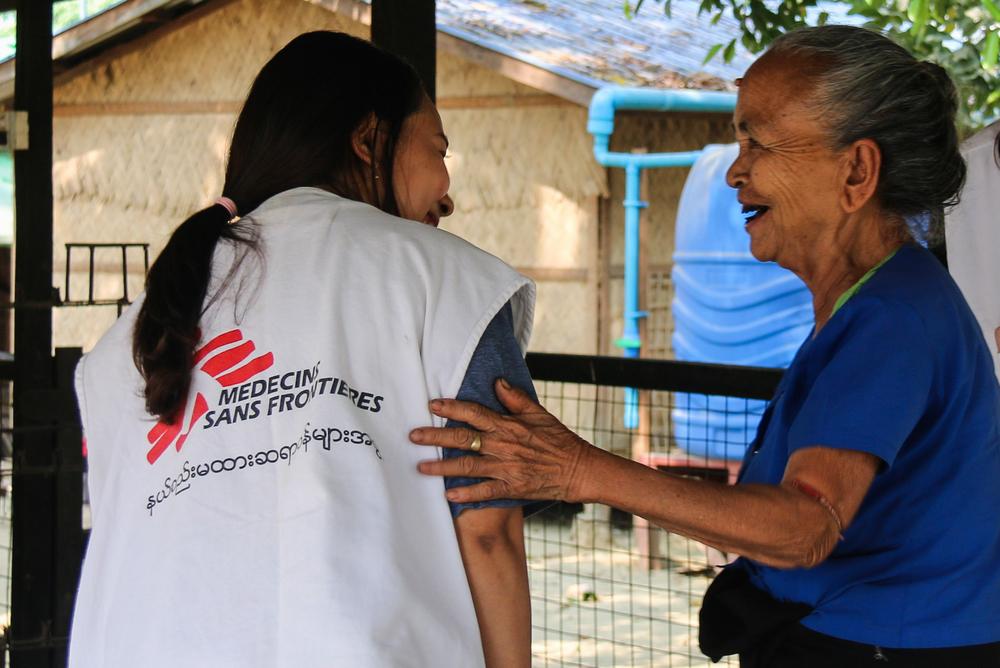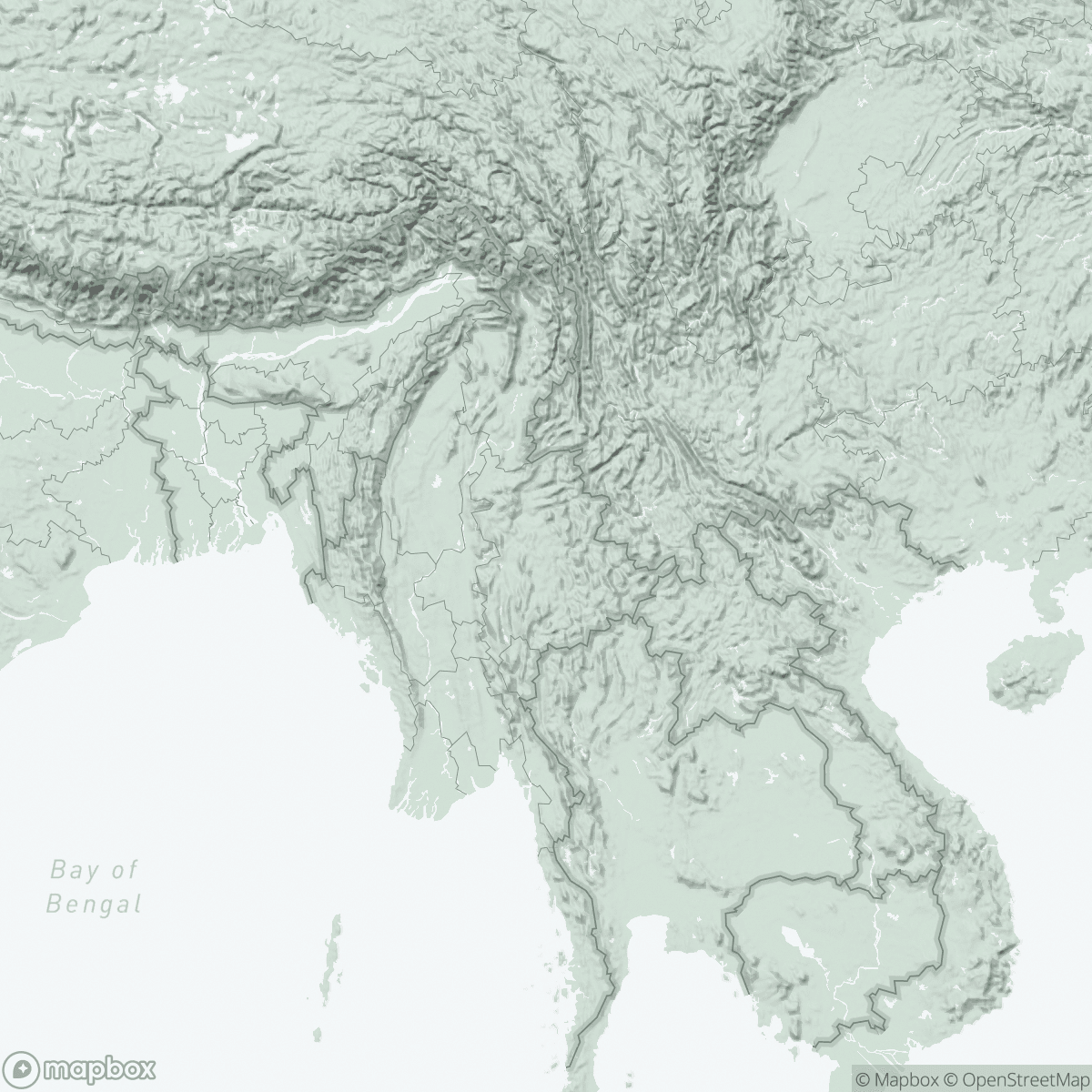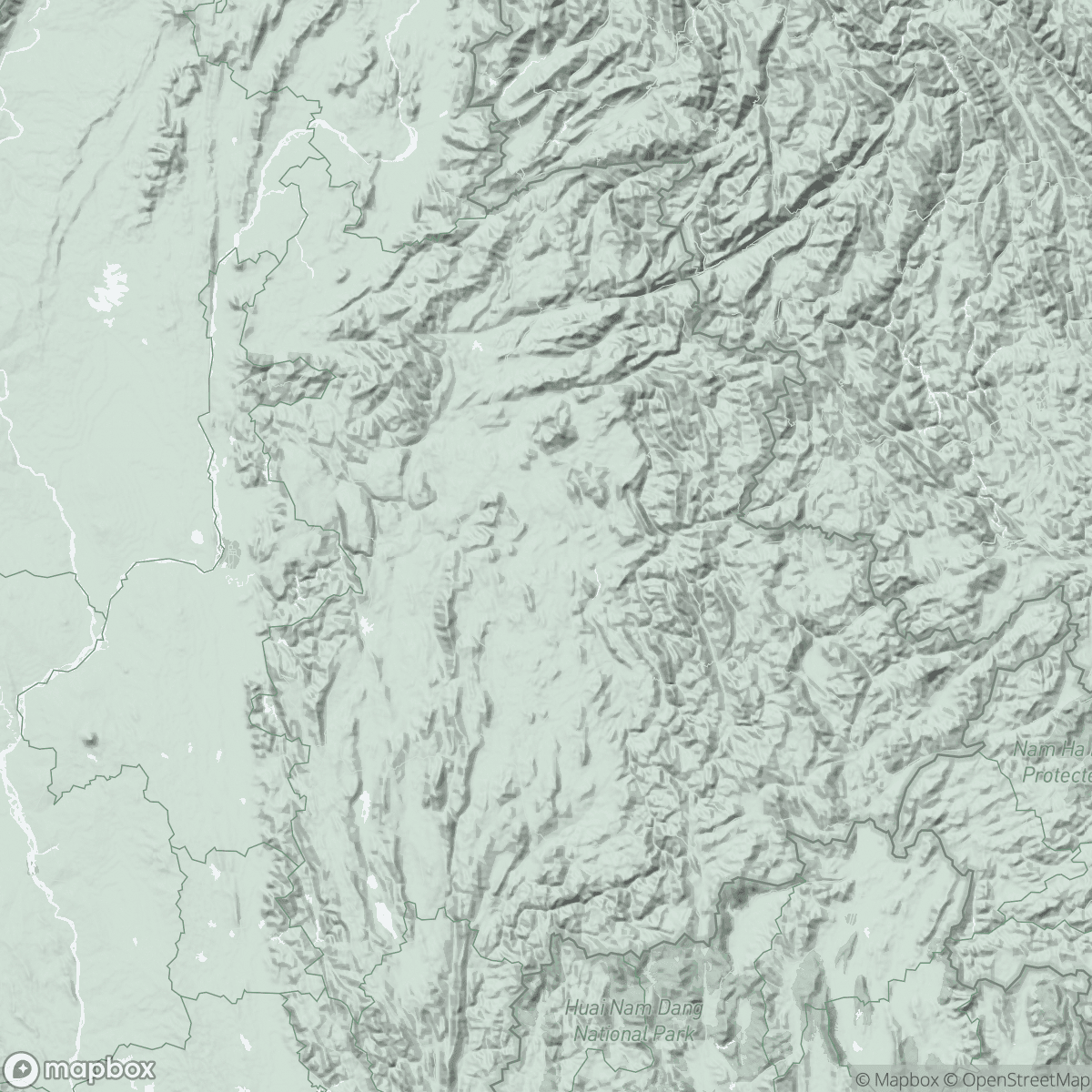
Following Cyclone Mocha, mental health counsellors are more important than ever
In 1 click, help us spread this information :
Patients often say to me that our sessions give them hope for the future. They feel calmer, more positive and better equipped to face the future with our support.” Mental health counsellor educator.
Cyclone Mocha, with winds of up to 280kmh, ripped through Rakhine state and the Northwest of Myanmar on 14th May. People in these areas are already incredibly vulnerable, most live in bamboo houses and there are around six million people in Rakhine who rely on humanitarian assistance. 26,500 internally displaced people live in camps in the area, a large number are Rohingya, who suffer a high number of mental health conditions due to years of persecution and severe restrictions to their freedom of movement.
MSF counsellor educators and community-based health workers provide ongoing support to patients in villages, health clinics, and internally displaced peoples’ camps. Services include psychological education and counselling to help enhance understanding and coping skills for patients (and their caregivers) experiencing a wide range of mental health concerns. These range from depression and anxiety to psychosis, and even thoughts or acts of suicide when people feel completely hopeless.
Working with patients and their caregivers in the environments where they live help us provide support and counselling that touches patients’ lives at the most critical of moments. Our patients struggle with displacement resulting from ethnic or religious conflicts, sexual assault, and the mental health issues that can evolve from acutely stressful situations where basic resources and healthcare are hard to find and access. We help treat their symptoms and work with them to provide the tools and resources to not just survive but to learn to thrive in the most challenges of circumstances”. Sara Chesters, Mental Health Activity Manager
Mental health support is a core part of MSF’s medical work in Rakhine state, but following the recent cyclone, the team have adapted the way they work to improve the care they provide to the affected communities. Instead of a formal, individual approach, which is treatment focussed, the teams are currently working on building relationships and allowing people the space to talk.
In the aftermath of the storm, mental health counsellors and community health workers were out every day, accompanying the medical teams to MSF clinics and internally displaced people's camps in Rakhine state. Supporting people in their own communities creates a safe space for people to talk and our teams run small, informal sessions with a focus on listening to support people through difficult times.
We usually go to monasteries or local villages and hold group sessions. The main message is to tell patients that they are not alone. We try to encourage people that their hopes and dreams can come alive again.” Ei Ngoon Phyo, a mental health counsellor educator.
Ei Ngoon Phyo can empathise greatly with the patients as she too lost her family home to Cyclone Mocha and had to wait several terrifying days until she managed to confirm that all family members were safe. Returning to her village, she found widespread destruction of trees and houses.
A coconut tree cut my house in half, it was completely destroyed, and we are seeing a lot of patients who also lost their houses and their businesses. There are a lot of patients who need mental health support.”
“After the storm, I met patients who needed psychological first aid and I tried to support them as much as I could. Speaking to the patients was a healing experience for me, encouraging them to think in a certain way, helped me to do so too.”
Following Cyclone Mocha, humanitarian organisations struggled to scale up their activities to meet the new needs. Barriers such as limited access to patients remain, and this has affected our ability to deliver mental health counselling to those who need it.
Our mental health supervisor in Northern Rakhine state has said that they are seeing high numbers of mental health requests following Cyclone Mocha.
We have found that there are huge needs in the community but we are struggling to access many patients who need support."
MSF staff have seen high demand for mental health support, particularly over the last few months, but without more access to patients, high numbers of people are missing out. It is essential that humanitarian organisations can reach and deliver care to communities and be allowed to scale up as necessary.


